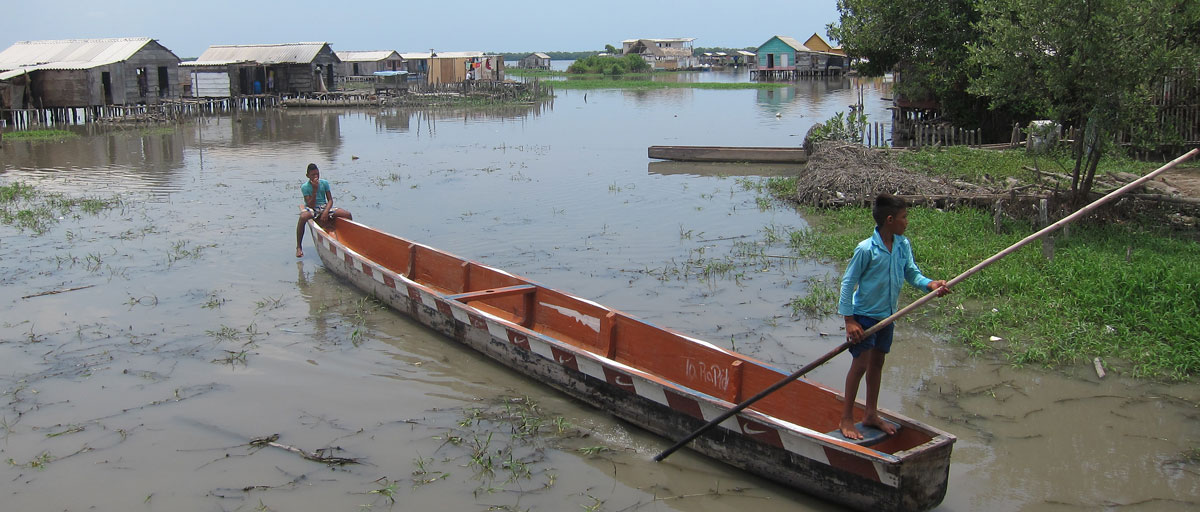Priorities and Interactions of Sustainable Development Goals (SDGs) with Focus on Wetlands
Summary
Wetlands are often vital physical and social components of a country’s natural capital, as well as providers of ecosystem services to local and national communities. We performed a network analysis to prioritize Sustainable Development Goal (SDG) targets for sustainable development in iconic wetlands and wetlandscapes around the world.
The analysis was based on the information and perceptions on 45 wetlandscapes worldwide by 49 wetland researchers of the Global Wetland Ecohydrological Network (GWEN).
We identified three 2030 Agenda targets of high priority across the wetlandscapes needed to achieve sustainable development: Target 6.3—“Improve water quality”; 2.4—“Sustainable food production”; and 12.2—“Sustainable management of resources”. Moreover, we found specific feedback mechanisms and synergies between SDG targets in the context of wetlands. The most consistent reinforcing interactions were the influence of Target 12.2 on 8.4—“Efficient resource consumption”; and that of Target 6.3 on 12.2. The wetlandscapes could be differentiated in four bundles of distinctive priority SDG-targets: “Basic human needs”, “Sustainable tourism”, “Environmental impact in urban wetlands”, and “Improving and conserving environment”.
In general, we find that the SDG groups, targets, and interactions stress that maintaining good water quality and a “wise use” of wetlandscapes are vital to attaining sustainable development within these sensitive ecosystems.







